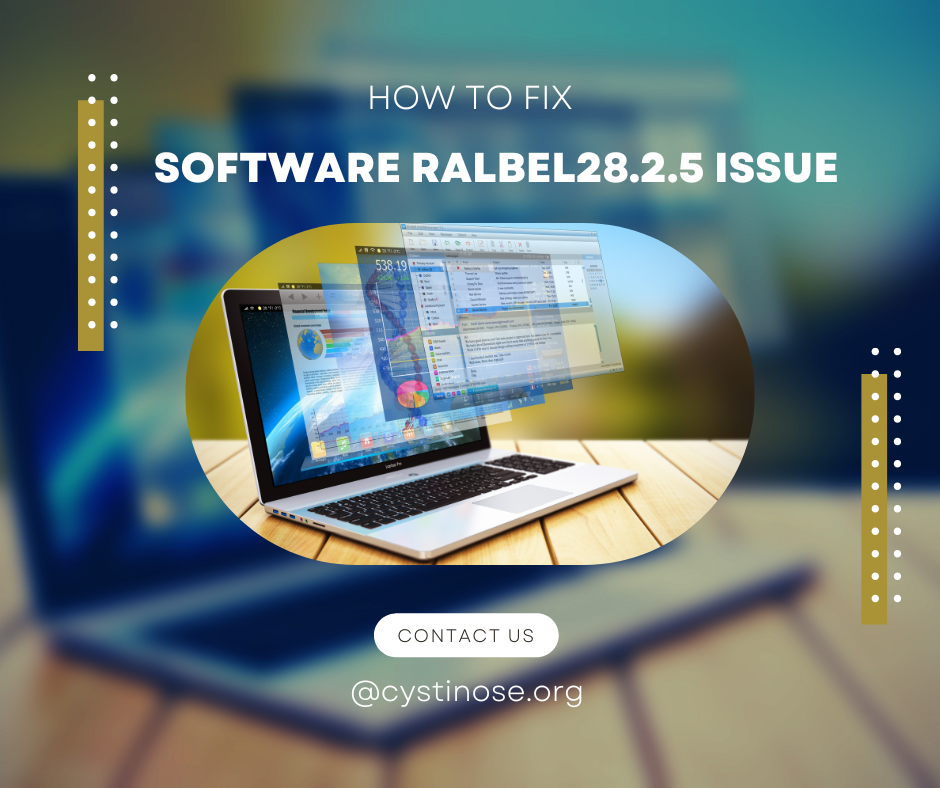Technology has the potential to make our lives easier in numerous ways and many people now rely on it for day-to-day tasks. From streaming music to managing finances, there are countless apps and services that allow us to do more with less effort.
Smartphones have become essential tools for communication, navigation, entertainment and more – even something as simple as setting an alarm clock can be done quickly with a few taps of your finger.
In addition, technology can help us stay connected in unprecedented ways. Social media platforms like Facebook or Instagram allow us to communicate instantly with friends who might live across the world.
Online forums give users access to vast amounts of information about any topic imaginable, video conferencing allows businesses or families spread out over different continents to join together virtually for meetings or celebrations alike.
eCommerce sites offer shoppers endless options from any corner of the globe without ever having them leave their homes – these are but some examples that demonstrate how technology helps bridge distances both physical and digital.
Moreover, innovations such as voice recognition software enable faster interactions between humans and machines than ever before possible – voice assistants like Siri let you search the web by simply asking questions aloud while automated chatbots provide customers support 24/7, even during the wee hours of the night.
Automation has also made mundane and repetitive tasks much more efficient – everything from scheduling meetings to filing taxes can be done quickly with minimal effort thanks to intelligent algorithms that take care of most of the heavy lifting.
The potential for technology to make our lives easier is immense and this extends beyond our personal lives. It has begun making a positive impact on one particularly vulnerable group – caregivers.
Software for home care is designed to make it easier to manage and track home care services. It offers an intuitive, user-friendly interface that helps streamline the monitoring of patients’ needs, schedule and manage appointments, and keep track of medication and other treatments. It also provides real-time updates on the care being delivered and can be integrated with other systems to provide a comprehensive view of a patient’s care. By automating many of the tedious tasks associated with home care, software can help to reduce errors, improve efficiency, and ultimately provide better care for patients.
Home care apps are becoming increasingly popular as they allow family members or friends who provide care for their loved ones an opportunity to manage complex medical needs without needing specialized training or having access to expensive equipment. We will be exploring how these apps help support caregivers throughout this article so read on.
Why Do Home Care Providers Need so Much Help?
Caregivers of elderly or disabled individuals often find themselves feeling overwhelmed and under-supported due to the unique demands on their time and energy. Many home care providers have multiple roles – they need to be both a friend, companion, nurse, etc. for their patient – all while juggling family life and other commitments outside of caregiving.
Furthermore, many caregivers are unpaid family members who take on this responsibility out of love without receiving any kind of financial compensation for it which can lead to feelings of isolation or resentment over time as the burden grows heavier with each passing day.
Providing home care is an incredibly stressful job that puts immense strain on caregivers in terms of physical health (fatigue/lack of sleep), mental health (anxiety/depression) as well as emotional well-being (isolation/guilt). Some common stressors include:
- Financial pressures:
- Money makes the world go round and many home care providers find themselves struggling to make ends meet due to the added costs associated with providing care.
- Lack of support:
- Caregivers can often feel isolated or unsupported, especially if they are doing it all alone without any help from family or friends.
- Physical exhaustion:
- Night shifts, long hours and difficulty finding backup in case of emergency can lead to extreme fatigue for caregivers over time.
- Mental strain:
- Watching a loved one suffer from an illness can take its toll on a person’s mental health as worry and anxiety start creeping up on them over time.
- Time constraints:
- The demands of caring for someone full-time can leave little room left for activities outside of work – this further increases feelings of isolation, burnout, or depression in some cases.
- Emotional burden:
- Seeing someone you love struggle through physical pain is heartbreaking; this coupled with the knowledge that there’s nothing else you could do but provide comfort adds an emotional weight onto caregivers that may be hard to bear at times.
As you can probably gather, this is an immense amount of stress to carry around and it can lead to serious physical or mental health issues if not managed properly. It’s important for caregivers to be aware of the warning signs before they become overwhelmed so that they can take steps toward reducing their stress levels in a timely manner.

Common responses when feeling overly stressed include:
- Overworking oneself:
- Feeling guilty about taking time off, leading one to work longer hours than necessary and putting more strain on their body/mind
- Withdrawing from social activities:
- Avoiding family or friends, skipping out on hobbies, etc., which may further increase feelings of isolation
- Lashing out at loved ones:
- Taking out frustrations on family or friends, leading to further strain on already fragile relationships;
- Turning to unhealthy habits:
- Smoking, drinking alcohol, or drugs as a form of self-medication in order to cope with the stress;
- Neglecting one’s health:
- Skipping meals, not exercising, and putting off getting medical help when needed.
With so many stressors and the stakes being so high, home care providers need all the help they can get in order to stay healthy and provide quality care for their patients. This is where home care apps come in – they offer a way for caregivers to manage complex medical needs without needing specialized training or having access to expensive equipment.
Are Home Care Apps Really That Helpful?
Home care apps have become increasingly popular over the past few years as they offer an effective way for people to manage complex medical needs without needing specialized training or having access to expensive equipment. They are designed with caregivers in mind and provide them with a variety of features that can help make their lives easier.
Common features of home care apps include:
- Scheduling tools:
- Users can easily keep track of their patient’s daily activities and appointments with a calendar view.
- Medication reminders:
- Reminders for when to take medications, or refill them in time.
- Symptom tracking:
- The ability to track medical symptoms such as pain, fatigue, etc., so that caregivers can better understand the patient’s condition over time.
- Caregiver support network:
- Connecting users with other home care providers who may be able to offer advice or support during difficult times;
- Medical information storage:
- Easy access to important medical records such as test results, prescriptions, etc., which can help make sure the caregiver is fully informed about their loved one’s health at all times
Home care apps provide an invaluable service by taking some of the burdens off caregivers while also giving them more control over managing complex medical needs without needing specialized training or having access to expensive equipment.
They are easy to use and require minimal effort from users – this makes them especially useful for those who don’t have much technical expertise but need assistance nonetheless due to a lack of resources available otherwise.
Furthermore, they often come equipped with built-in safety features that alert family members if something goes wrong – making them even more efficient in providing support.
Because of how helpful these apps are, they definitely have a great potential to improve the lives of home care providers. Some ways that home care apps can help include:
- Connecting caregivers with others in similar situations, which can provide a much-needed sense of community and support
- Allowing users to keep track of their patient’s medical records and appointments easily – reducing time spent on paperwork
- Helping users manage complex medical needs without needing specialized training or having access to expensive equipment – simplifying tasks like tracking symptoms, refilling prescriptions, etc.
- Offering personalized advice based on user input (such as lifestyle changes or coping strategies) – helping alleviate stress levels by providing tailored guidance.
Anyone and everyone deserve to make their job as easy as possible and home care apps are an excellent example of how technology can be used to do just that. Not only do they make life easier for caregivers, but they improve the overall quality of care provided by giving them access to useful tools that allow them to provide better support for their loved ones.
Using the right tools can make a world of difference and home care apps are the perfect examples – they provide users with an invaluable service that no other tool could replicate. With so many features and benefits, it’s easy to see why these apps have become increasingly popular over time.
Updating Your Workflow
It is becoming increasingly clear that technology has immense potential when it comes to making our lives easier in numerous ways. From streaming music, to managing finances, or staying connected with friends around the world, there are countless options available for us today thanks to advancements in digital technologies like voice recognition software or machine learning algorithms.
Home care providers have a very important job and often find themselves feeling overwhelmed due to the unique demands on their time and energy. Common stressors include financial pressures, lack of support, physical exhaustion, mental strain, etc., which can lead to serious physical or mental health issues if not managed properly.







